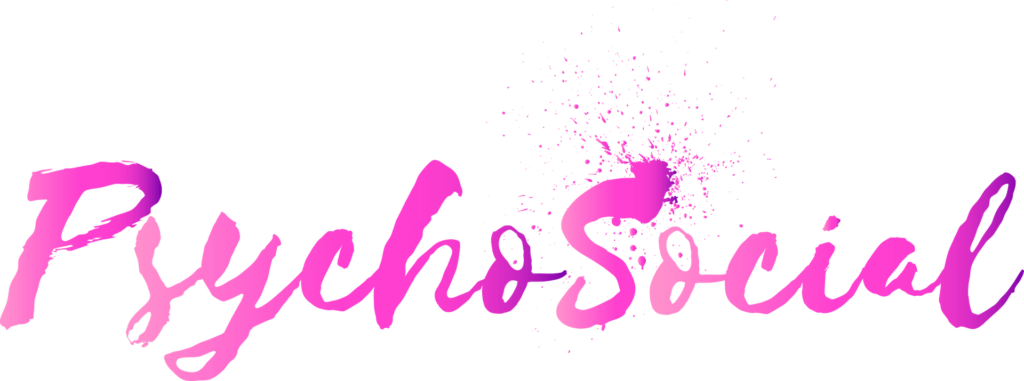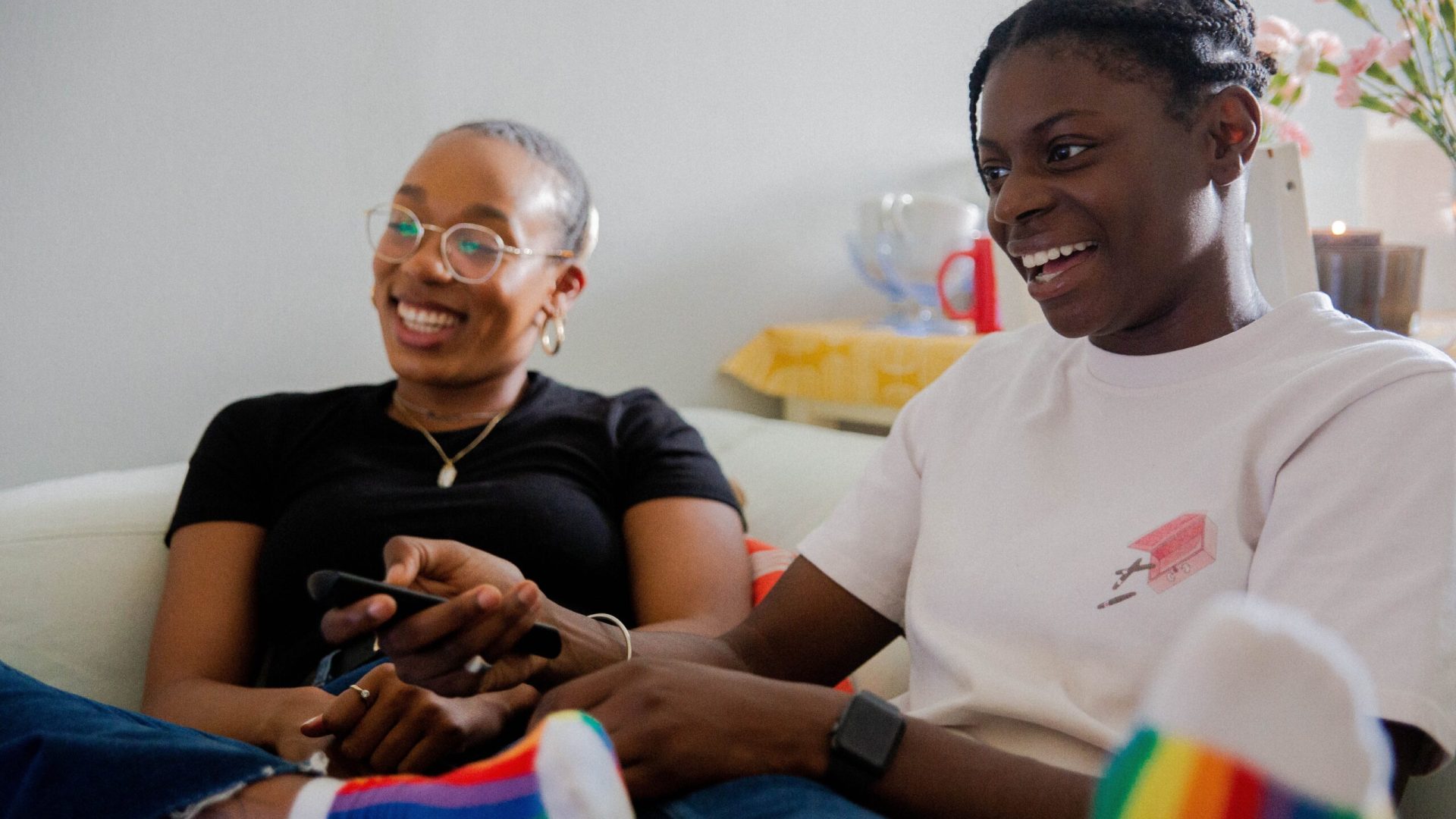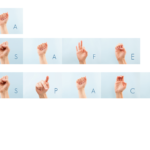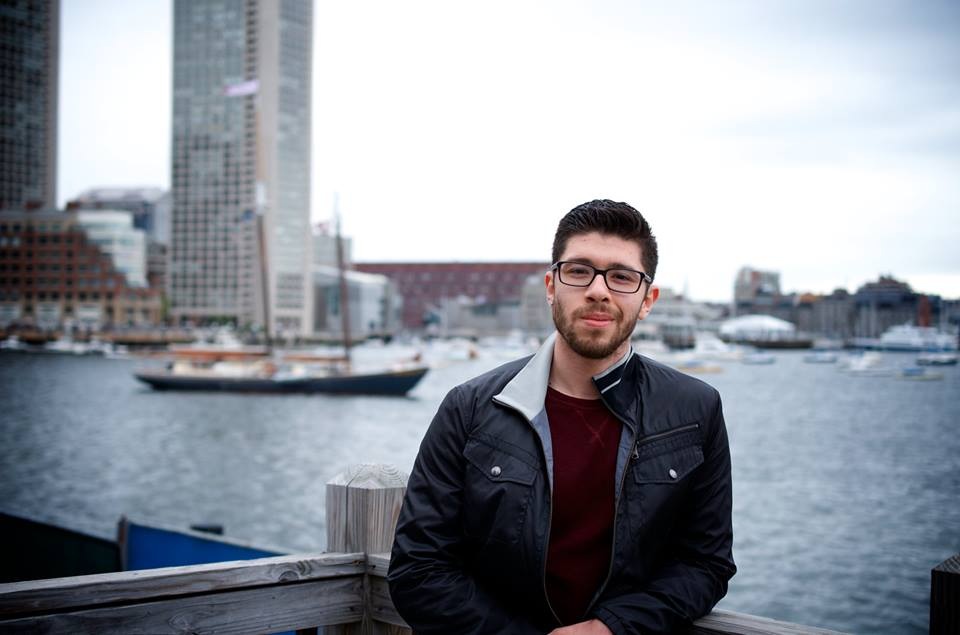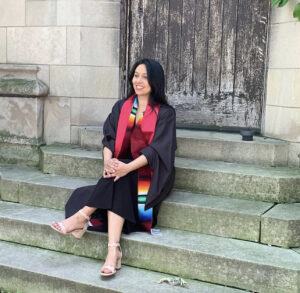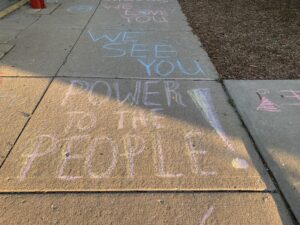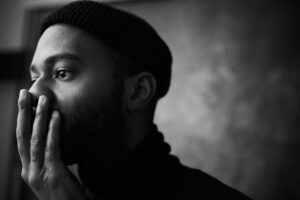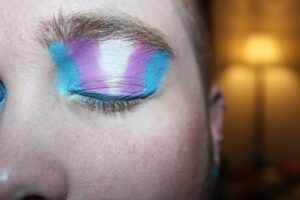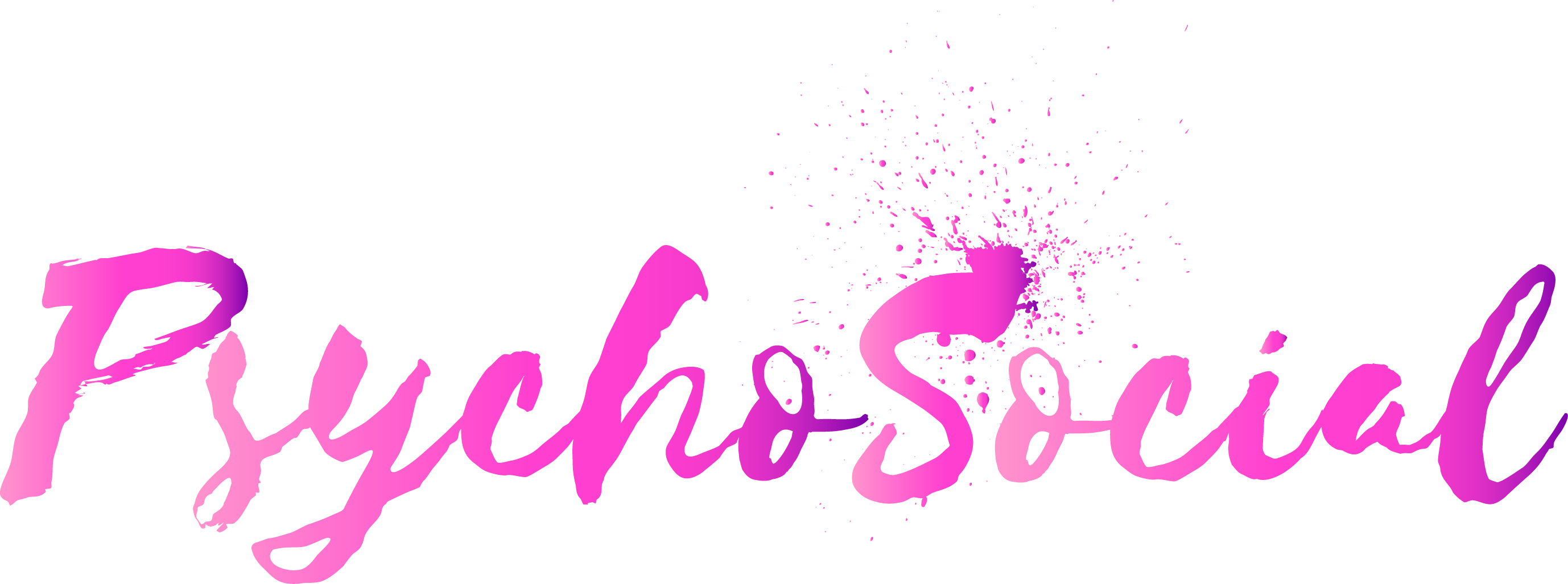
**Before we even get started, I want to acknowledge that I am aware that this may be a controversial bordering on contentious topic. My aim in this article is not to start any arguments but rather to bring awareness and conscientiousness to all therapists working with/within the LGBTQ+ community.
Please, let us always be kind to one another regardless of our identities. I would also like to clarify that this is my own personal perspective as a Queer, Pansexual, Polyamorous, Kink-involved, Non-Binary, mixed-race Latinx therapist.
Now that the disclaimers are out of the way, we can move forward.
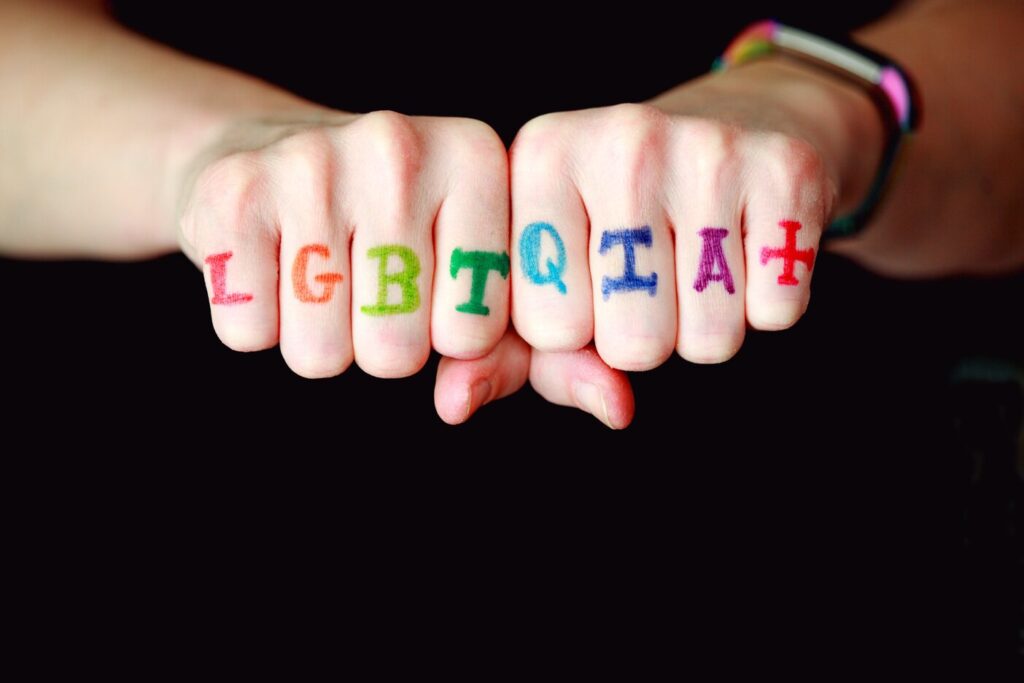
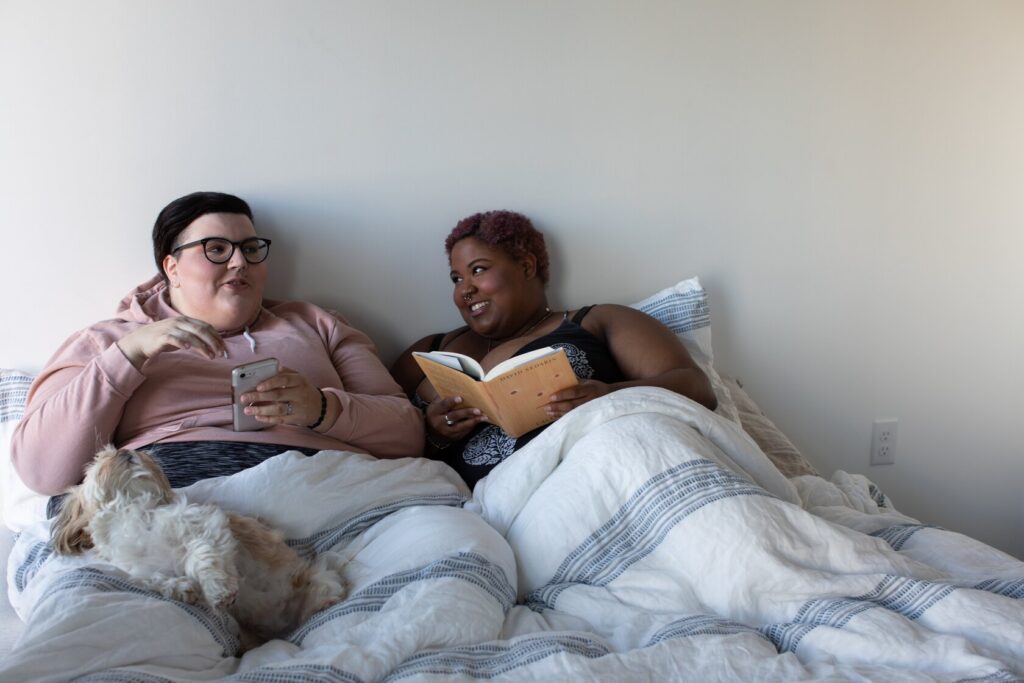
I recently had someone contact me for a phone consult to see if we were a good fit to work together. I thought nothing of this, as it is customary for me to assess whether I can work with clients, given their mental health issues, goals, expectations, etc. It is also an excellent time for potential clients to determine whether I am the therapist they would like to work with or if they need a referral. During this specific call, I did not expect their inquiry of whether I have worked with a Black person before. This particular question made me ponder about identity-specific therapeutic relationships. Was there something to be considered with this form of therapist-client match-up?
I will offer you varying points of view while taking a couple of my identities into consideration. I will approach this topic as both a consumer of mental health and a provider of mental health services.
As a consumer of mental health services, I can tell you that it is frustrating to sit across from someone who has no idea what you are describing. In some ways, cultural or identity-specific experiences end up being a language all on their own; you may as well be speaking Latin, and I speak Elvish. I have sat across therapists in the past that have no idea what it is like to be a Queer and Non-Binary individual, let alone knowing what it is like to navigate the world as the embodiment of a far more complex intersectionality. As a consumer, having this piece missing from the therapeutic relationship can be jarring, disruptive, and sometimes counterproductive. Having a therapist that doesn’t miss a beat or blink an eye while we describe the struggles we specifically encounter aids in being seen and heard. It also facilitates a smoother session without forcing us to take on the role of “educator of the oppressor.”
As a provider, I can tell you that working with other individuals within my communities brings an added comfort level. There seems to be an unspoken and mutual understanding in knowing what it is like to have walked our paths. Again, we may not have been wearing the same shoes, but we were still on a path similar, if not almost identical, to each other. In some ways, these experiences have helped me be a more well-rounded clinician that can empathize in a way that perhaps another therapist would struggle to achieve. I think that the subtle and nuanced ways our identities impact our mental health are quite significant. Significant enough to warrant having a therapist that will understand those intricacies.
Is this to say that a cisgender therapist should not work with Trans or Non-Binary individuals? That a heterosexual therapist should refrain from working with the Queer community? That a Trans person looking within the community should not only seek out a Queer therapist, but rather a therapist that is also Trans? Honestly, there is no clear; one size fits all answer. I do think that there is something special when we work within our own given communities: relativity and relatability that transcends the formal education we therapists receive. I also believe that it depends on the issue(s) that would be addressed in therapy.

I shall take myself as an example. I know that my sexual and gender identities are not the primary reasons for tending to my mental health. So a cisgender and heterosexual therapist would work just fine for my mental health goals/objectives. At the time of searching, I also knew that my racial/ethnic identities were not at play at the moment, so I wasn’t looking for a BIPOC provider. What I did seek was a therapist that had experience in working with other therapists. Why? Because I felt that my knowledge, education, and intellectualization/rationalization would be the biggest hurdle for a therapist to overcome in order to help me reach my mental health goals/objectives effectively. Essentially, since I didn’t think my identities were a significant factor in what I was seeking therapy for, the criteria I held when seeking a therapist were not based on my identity.
I want to add the following caveat, though: even when we don’t think or feel like our identities are playing a role, we could be caught by surprise only to realize they were an underlying factor or variable impacting us all along. Consequently, a therapist that isn’t experienced or lacks knowledge on those identities would miss a thing or two that perhaps another therapist would be able to pick up on.
So what is the verdict? Should cisgender-heterosexual therapists work with the LGBTQ+ communities?
All help is valuable as well as welcomed, and in no way should we be divisive. However, I believe the potential for deficits exists in an identity non-specific therapeutic relationship that could otherwise be avoided in identity-specific therapeutic relationships. Ultimately, the deciding factor is always the client themselves; what they feel comfortable with will end up being what is “right for them.” If they have an issue that they would rather explore or process within an identity-specific therapeutic relationship, it is within their right to do so. As clinicians, we must do our best to understand and accept this self-determination.
So the next time you find yourself in a circumstance in which you consider identity specific vs. identity non-specific therapist match up, I hope you give some of the insights above a little bit of thought. And of course, please remember that you always have a place at A Safe Space!
Hey there! I am Valentine Valdovinos, a Licensed Clinical Social Worker (LCSW) in California.
Envisioning my professional goals began in the city of East L.A. -a predominantly Latinx community. As an out, Non-Binary, Queer Person of Color (QPOC) in high school with conservative and religious parents, I faced many struggles that inevitably had effects on my mental health. The saving grace? I met a therapist that made an indescribable difference in my life. I wanted to offer the same hope for others as she did for me.
Now as a therapist myself, my practice is person-centered and non-judgmental across several subjects, domains, circumstances, and themes. I also pride myself in being multi-dimensional in identity politics; I am Trans-Affirmative, LGBQ+ Affirmative, Sex-positive, Body positive, Kink-positive, and more. Areas in which I provide services include but are not limited to issues concerning: Depression/mood, Anxiety, parenting, couple/polyamory/relationship dynamics, sexuality, gender identity, sexual identity, and kink/BDSM involvement.
I always look forward to working with anyone, and there is always a place for you at A Safe Space!
-
ASafeSpace-https://psychosocial.media/author/asafespace/February 13, 2021
-
ASafeSpace-https://psychosocial.media/author/asafespace/February 20, 2021
-
ASafeSpace-https://psychosocial.media/author/asafespace/June 28, 2021
-
ASafeSpace-https://psychosocial.media/author/asafespace/
